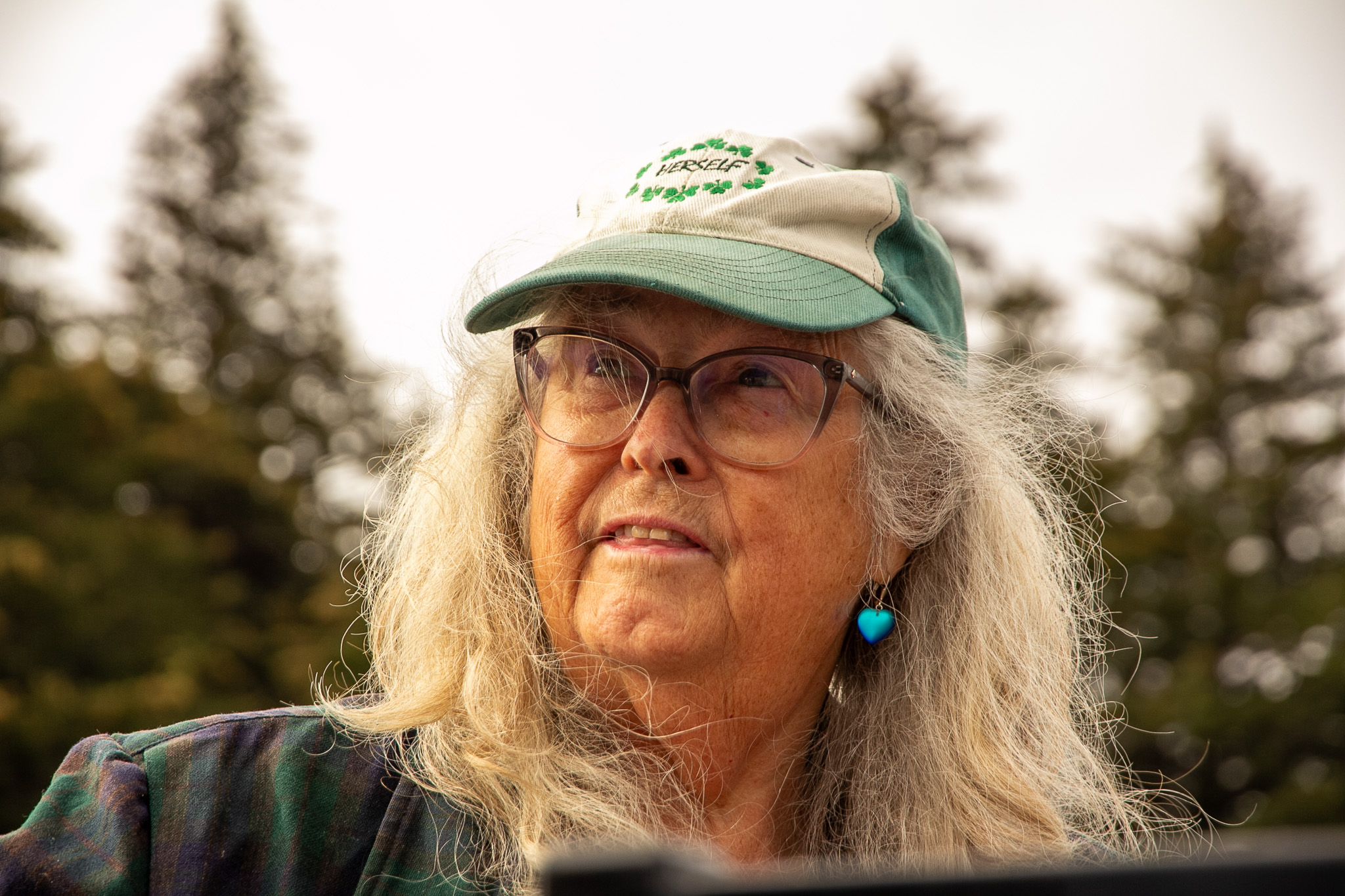ARTICLE AD BOX
 The Alaska State Capitol connected March 25, 2024. (Eric Stone/Alaska Public Media)
The Alaska State Capitol connected March 25, 2024. (Eric Stone/Alaska Public Media)Key authorities lawmakers are throwing acold h2o connected nan thought of cutting authorities royalties connected lipid and earthy state to spur accumulation successful Cook Inlet. It’s 1 of respective ideas lawmakers are considering to easiness a projected state shortfall successful nan basin that’s powered Southcentral and nan Railbelt for decades.
And pinch nan timepiece ticking connected nan legislative convention and projections connected state output looking grim, nan Legislature has to return action, said Sen. Bill Wielechowski, an Anchorage Democrat and chair of nan powerful Rules Committee.
“We person to do something,” he said astatine a caller Senate Resources Committee hearing. “We’ve wrestled for many, galore years, arsenic agelong arsenic I’ve been here, pinch taxation breaks, taxation deductions, bringing up jack-up rigs — and things activity temporarily, but we’re really astatine nan cliff.”
So successful nan last fewer days, lawmakers are trying to understand really cutting royalties will impact companies’ finance decisions. The Senate Resources Committee connected Wednesday and Thursday dug into a brace of economical models — 1 from nan authorities Department of Natural Resources and different from nan Legislature’s predominant lipid and state consultant, GaffneyCline — looking astatine what would hap if lawmakers trim state royalties successful Cook Inlet substantially, possibly moreover to zero.
But it’s not each astir numbers. GaffneyCline’s Nicholas Fulford told lawmakers there’s a batch astir Cook Inlet that makes it little competitory than different state fields. It’s isolated. The infrastructure is old. Imports mightiness beryllium connected nan horizon. There mightiness beryllium a North Slope state pipeline 1 time that could bring state southbound for little than it costs to get it retired of Cook Inlet. Utilities that bargain tons of state are looking astatine renewables. So moreover if a task seems to pencil retired connected paper, it mightiness not ever upwind up getting drilled, he told nan committee.
“These are features which statesman to explicate why an apparently charismatic state state has grounded to pull superior for development,” he said.
And location were plentifulness of numbers. But what lawmakers should return from nan array of spreadsheets, graphs and statistical models is up for debate. Here’s what Sen. James Kaufman, R-Anchorage, said he took distant from nan presentation:
“Essentially, that royalty alleviation is needed, and we request to building it arsenic cautiously arsenic we tin truthful arsenic to beryllium some effective and not unnecessarily put an unneeded ding into our authorities revenues,” he said Friday.
Kaufman amended nan measure to create a multi-tier inducement building — basically, nan sooner you nutrient gas, nan much money you make. And though he’s tasking nan Senate Finance Committee pinch fine-tuning nan numbers, Kaufman said he’s proceeding support for nan connection from House members. The House connected Friday precocious a different royalty alleviation bill from its Finance Committee.
But Senate Resources Committee co-chair Sen. Cathy Giessel, R-Anchorage and nan Senate mostly leader, said she came distant pinch an wholly different conclusion from Kaufman.
“At nan conclusion of it, it seemed evident that royalty alleviation really wasn’t going to make a difference,” she said Friday.
The Department of Natural Resources told lawmakers that cuts to state royalties by themselves would not person arsenic important an effect arsenic they would if paired pinch lipid royalty cuts — lipid is, of course, a batch much valuable than gas, and they’re often recovered successful nan aforesaid place. But Giessel said she’s hesitant to trim immoderate much breaks connected oil.
“The accumulation taxation connected lipid successful Cook Inlet correct now is $1 per barrel. It is importantly low,” she said. “We already person an inducement to research for oil.”
Giessel said it’s clear lawmakers request to make it easier to get renewables connected nan grid, and she continues to push for a measure that would create an integrated Railbelt electrical transmission system, but Giessel said state will proceed to play an important role.
A much effective approach, Giessel said, would beryllium to attraction connected 2 state deposits leased by companies that opportunity they don’t person nan money to drill: nan Cosmopolitan Unit, leased by BlueCrest Energy and nan Kitchen Lights Unit, leased by HEX.
And that’s wherever Wielechowski said he’s leaning, too. Though royalty alleviation mightiness make a marginal difference, “I deliberation nan biggest problem successful Cook Inlet continues to beryllium nan entree to capital,” Wielechowski said.
Wielechowski said he didn’t expect that royalty alleviation would induce much drilling by ascendant Cook Inlet shaper Hilcorp. Hilcorp did not respond to a petition for comment, but in February, an executive told lawmakers it would beryllium difficult to measure nan impact without seeing nan last matter of nan bill.
Rather than royalty relief, Wielechowski said he supports thing that would reside nan superior constraints much directly: a strategy known arsenic “reserve-based lending,” successful which nan authorities would indebtedness money to producers and usage underground lipid and state arsenic collateral.
It’s unclear if that tin walk by nan extremity of nan convention — but things tin move quickly successful nan Legislature’s last days.
Eric Stone covers authorities government, search nan Alaska Legislature, authorities argumentation and its effect connected each Alaskans. Reach him astatine estone@alaskapublic.org.









 English (US) ·
English (US) ·  Indonesian (ID) ·
Indonesian (ID) ·